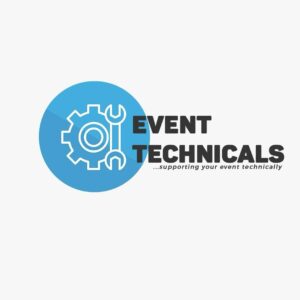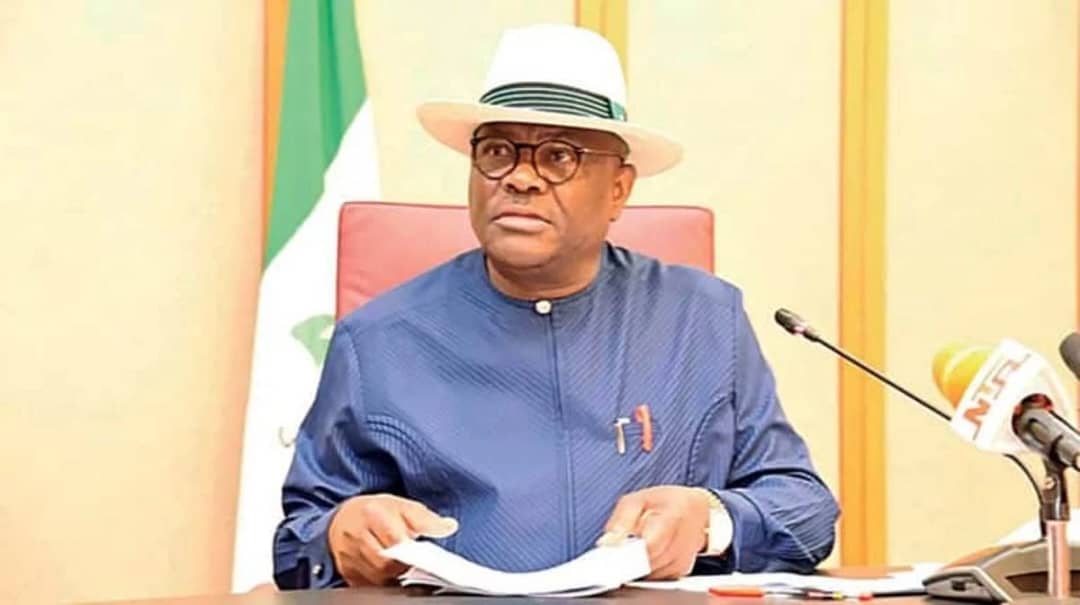Some events turned out to be a disaster and disorganized despite the fact that there was sufficient time, days or months to properly plan and prepare.
There are several factors why such happens event, but what stands out amongst all these factors is the wrong choice of vendors been employed to handle such events.
Organizing an event, whether it’s a Wedding, Conference, Trade Show, Community Festivals, Birthday Parties, or any other special occasion must involve vendors to provide essential services and products to bring the event vision to life.
Choosing the right vendors for event is a critical aspect of event planning and management that can make or break the success of any occasion.
From event venue booking, catering and entertainment to lighting and decoration, the quality of vendors directly impacts the guest experience and also help play a significant role.

Selecting the wrong vendors can lead to disappointments, delays, or even a complete disaster, it is important to have a strategic approach when choosing vendors.
But how do you ensure you’re working with the best vendor within the budget range to help you make informed decisions and ensure a seamless event experience?
To begin with, identify the event needs, start by clearly defining the event’s needs and goals. Understand the type of event you and guest, the estimated guest count, budget, and the specific services required.
This clarity will help identify vendors who align with the event objectives and can deliver the results needed.
Budgeting is also a crucial part of this process. Determine how much budgeted for each vendor category.
This will help narrow down your options and avoid wasting time on vendors that are outside the event’s financial capacity.
Research and shortlist potential vendors, once there is a clear vision for the event, begin researching potential vendors.
Seek recommendations from colleagues, friends, or industry contacts who have hosted similar events.
Use online platforms like Google and instagram or industry-specific directories to find vendors, ask questions, and even see samples of their work.
Social media platforms like Instagram, LinkedIn, Facebook and what’s app can also be valuable resources, as many vendors showcase their portfolios there.
Compile a list of at least three to five vendors for each service you require, ensuring you have options to compare.
And also ensure to check customer reviews and testimonials.
Pay attention to vendors who have consistent positive feedback, as this is an indication of reliability and professionalism.
Create a shortlist of at least three vendors for each service category. Additionally, verify that the vendor has the necessary certifications, licenses, and insurance to operate legally and safely.
This is crucial for avoiding last-minute surprises and ensures a smooth collaboration.
Vendor experience and reputation can make a significant difference in the quality of service they provide.
A vendor with years of experience in the industry is likely to be more reliable and capable of handling unexpected challenges.
When evaluating vendors, ask about previous work of a similar size and nature, references from past clients, a reputable vendor should be able to provide a portfolio of past projects or testimonials from satisfied customers.
It’s also important to check if the vendor has experience working the chosen venue.
Some venues have specific rules and regulations, and vendors who are familiar with the location will have an easier time setting up and executing their services efficiently.
Before hiring vendors, take the time to assess the quality of their previous work.
Different vendors have different ways of showcasing their expertise, and it’s essential to see the previous work firsthand whenever possible.
For caterers, request a food tasting session to evaluate the quality and presentation of dishes. For decorators, review their past event setups through pictures or videos.
If possible, visit one of their ongoing events to see how they execute their work in real-time.
For photographers and videographers, examine their portfolio, pay attention to image quality, editing style, and creativity.
Technical team for sound, lighting and other effect, attend an event they are handling to assess their setup.
Poor-quality equipment or bad sound management can ruin the experience, so it’s important to ensure they have the right tools, orientation and expertise.
Compare pricing and value for money, this is where vendor selection process gets technical.
While it’s tempting to go for cheap vendor, price should never be the sole determining factor. Instead, focus on value for money.
Some vendors might charge slightly higher fees but offer better quality, professionalism, and reliability.
It’s also wise to negotiate because many vendors are open to adjusting their prices or offering discounts, especially for bulk bookings.
When working with a tight budget, consider discussing flexible payment plans to ease financial pressure.
Schedule meetings (face to face or virtual) to ask the right questions is another key factor in choosing the right vendor.
Pay attention to how responsive and professional the vendor is during your initial interactions.
Do they respond to emails and calls promptly?
Are they willing to answer your questions and address your concerns?
A vendor who communicates effectively is more likely to understand the event needs and deliver accordingly.
A professional vendor should be able to ask questions confidently and provide clear terms of service.
If a vendor is hesitant to answer or lacks clear policies, it’s a red flag that they may not be reliable.
Request and review quotation from your shortlisted vendors.
A good quote should include a clear description of the services to be provided, timeline for delivery, breakdown of costs, and the terms and conditions of the agreement.
Compare quotation to determine which vendor offers the best value for the budget.
Don’t hesitate to ask questions or request adjustments to the proposal to ensure it aligns with your needs.
Review contracts carefully before approving, when hiring vendors ensure it includes a detailed description of the services to be provided, payment terms, cancellation policies, liability and insurance provisions, and a force majeure clause for unforeseen circumstances.
Negotiate any terms that don’t align with the event needs and ensure both parties are clear on expectations.
Monitor vendor performance before the event Regular follow-ups will help ensure that everything is on track and prevent last-minute surprises.
Schedule periodic check-ins with each vendor to confirm that they are meeting their commitments.
For example, for caterers, confirm menu selections and delivery timelines.
For decorators, review design samples before the actual setup.
By staying engaged, you can address any potential issues before they become major problems.
And also have a backup plan for the event with careful planning, things can go wrong. A vendor might cancel at the last minute, equipment might fail, or there could be unforeseen delays.
To minimize risks, always have a backup plan. Consider having alternative vendors on standby, especially for critical services like catering, photography, and sound setup.
Additionally, ensure that your main vendors have contingency plans in place, such as backup equipment and extra staff in case of emergencies.
Being prepared for the unexpected will help you handle any challenges smoothly.
Inclusion, choosing the right vendors is one of the most important decisions you will make when planning or managing an event.
By identifying your needs, conducting thorough research, evaluating quality, and maintaining clear communication, you can secure vendors who will help create a successful and memorable event.
Toheeb Kunle Jaiyeola is an event strategist based in Kano state, Nigeria.
He is also the Co- Founder of Event Technical Nigeria and Project Plus Africa.
You can follow us on all social media platform @event_technicals @kunletechnicals
07068396803























 You can install this WP plugin on your website from the WordPress official website:
You can install this WP plugin on your website from the WordPress official website: 